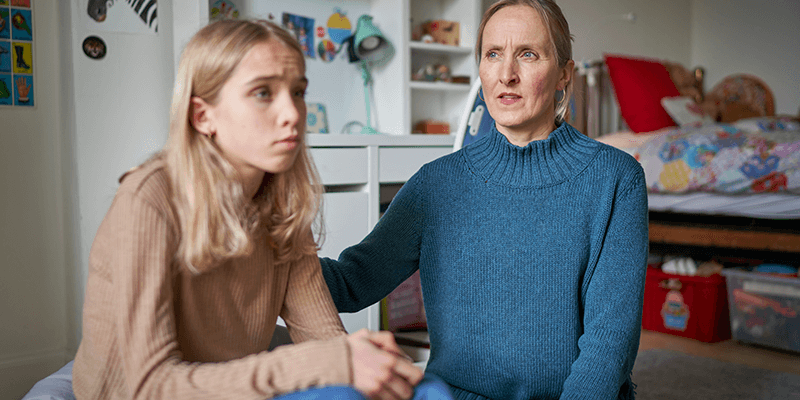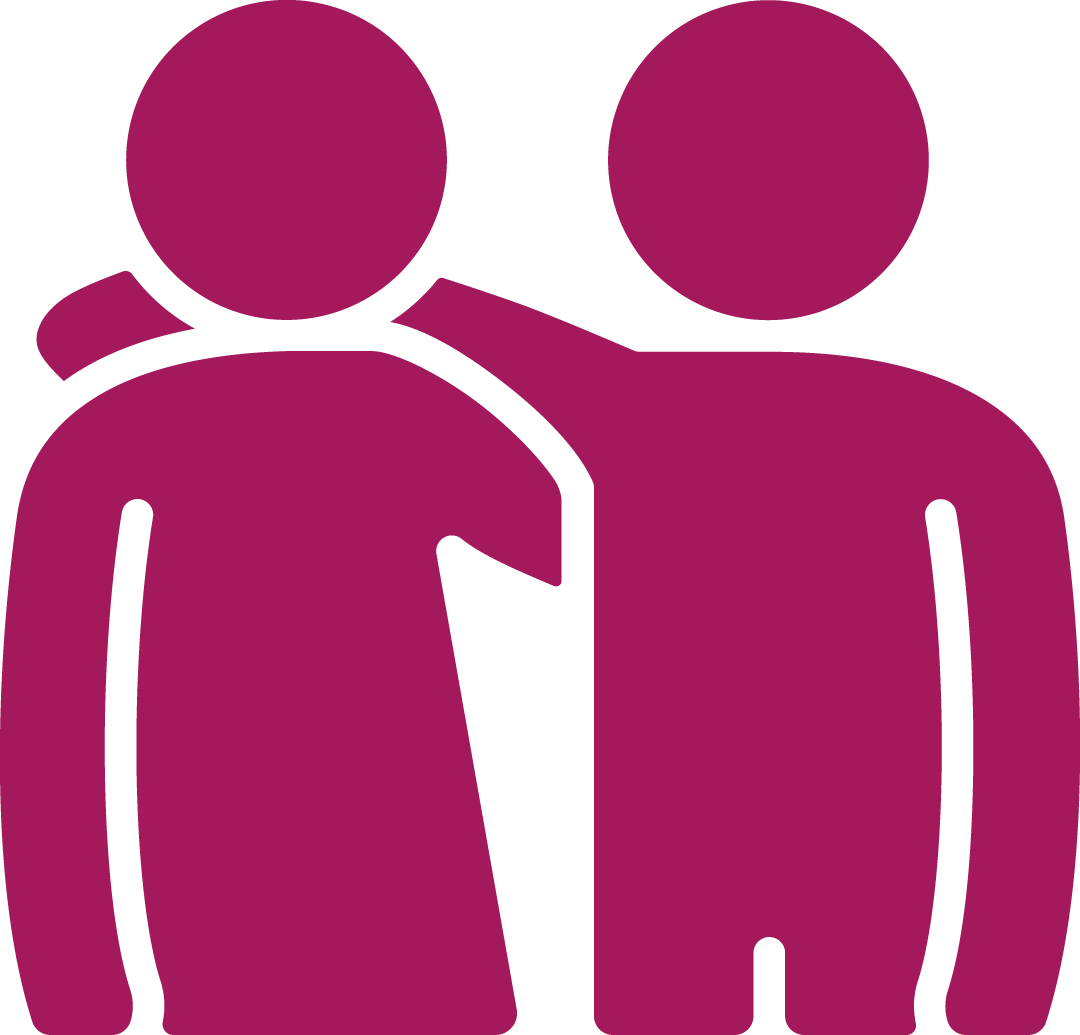‘I hate you!’ Stroppiness, grumpiness, becoming withdrawn, being argumentative, breaking rules – they’re all the signs that your lovely child has turned into a teenager! And most of the time, although you may find their behaviour upsetting or stressful, there’s nothing to worry about – it’s all part of growing up.
But why does this happen and what can you do to support them through this? No two teens are the same, but hopefully by understanding more about the way they behave, you can help them get through it.
What’s happening in a teenager’s brain?
The teenage years are when young people begin to develop a sense of who they are. They start exploring new friendships and romantic relationships and developing new interests - this is all a natural part of growing up and becoming an adult.
But while your teen may look like an adult and want to be treated like an adult, they don’t quite have an adult brain yet. Their brain is still developing – which is why it’s easier to learn things when you’re a teenager than when you’re an adult.
At this age, the decision-making part of the brain isn’t yet fully formed, but the emotional parts of the brain are. This is why teenagers don’t always think logically or act sensibly.
It’s also why they feel things very deeply, and can sometimes feel overwhelmed by their emotions. And it’s why they’re more likely to do risky things, like experiment with alcohol and drugs—their brain is more impulsive and is rewarded by doing things ‘just for fun’.
If you’d like to know more, this page on the Children First website explains more about what’s going on in your teen’s brain.
How to help your teenager
It can be tough when you see them really upset or angry, or doing things you don’t want them to do. But remember it’s just part of growing up. You need to let them know that it’s okay to have these strong feelings, and help them learn ways of managing them.
On top of this, they may not understand how they feel, making it harder for them to talk to you about their emotions and what’s wrong. Our tips on talking to teens can help you help them make sense of their feelings and discuss them with you.
In this short video, Child Psychologist Professor Cathy Richards discusses teenagers and how to help them if they are moody.
Twins, triplets or more
Twins and other multiples face the same challenges as other teenagers as they grow up. In some cases, they may find it a wee bit easier, as they have someone by their side who’s in the same situation. But at this age they can also feel particularly sensitive to being compared to each other. And if one matures faster than the other(s) or starts to do better at school, this can also cause tension or insecurities. You can find more tips and advice on the Twins Trust website.
 Activities & Play
Activities & Play Behaviour
Behaviour Childcare
Childcare Development & Growing Up
Development & Growing Up Family, Friends & Relationships
Family, Friends & Relationships Feeding Your Baby
Feeding Your Baby Food & Eating
Food & Eating Health & Safety
Health & Safety Mental Health & Wellbeing
Mental Health & Wellbeing Money & Work
Money & Work Online Behaviour & Safety
Online Behaviour & Safety Pregnancy & First Days
Pregnancy & First Days School & Education
School & Education Sleep
Sleep








 Family, Friends & Relationships
Family, Friends & Relationships
 Mental Health & Wellbeing
Mental Health & Wellbeing